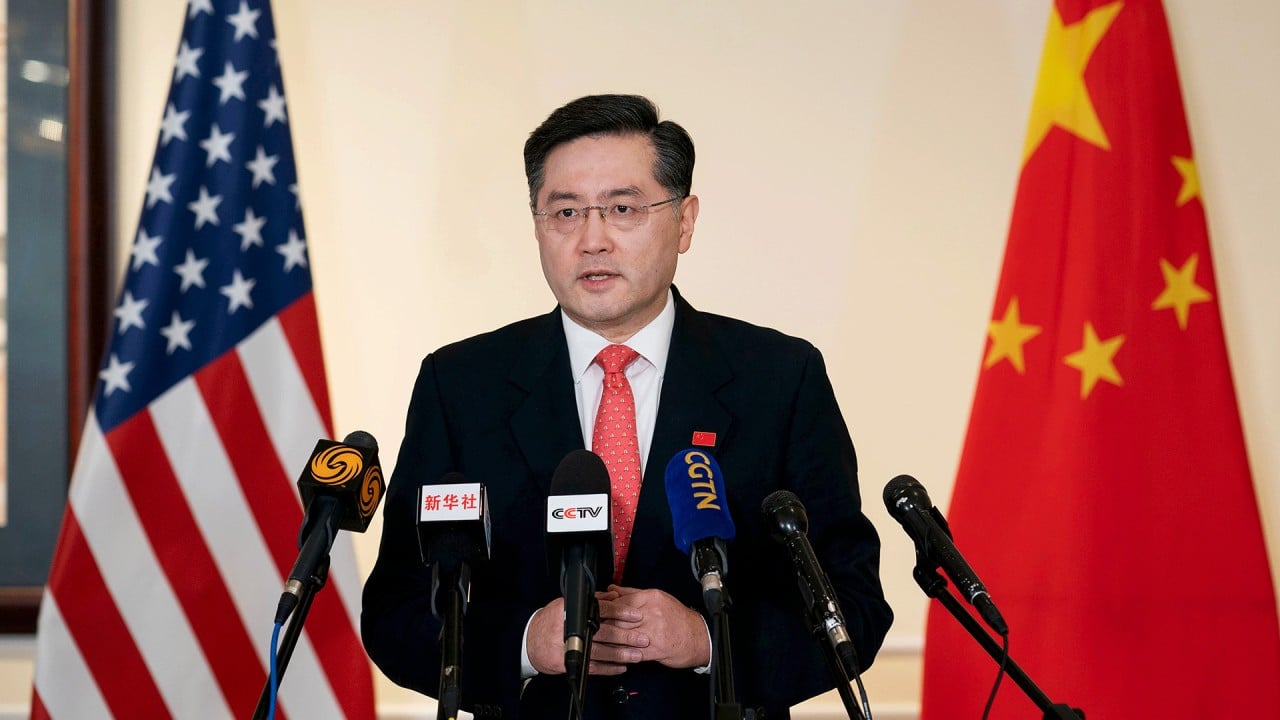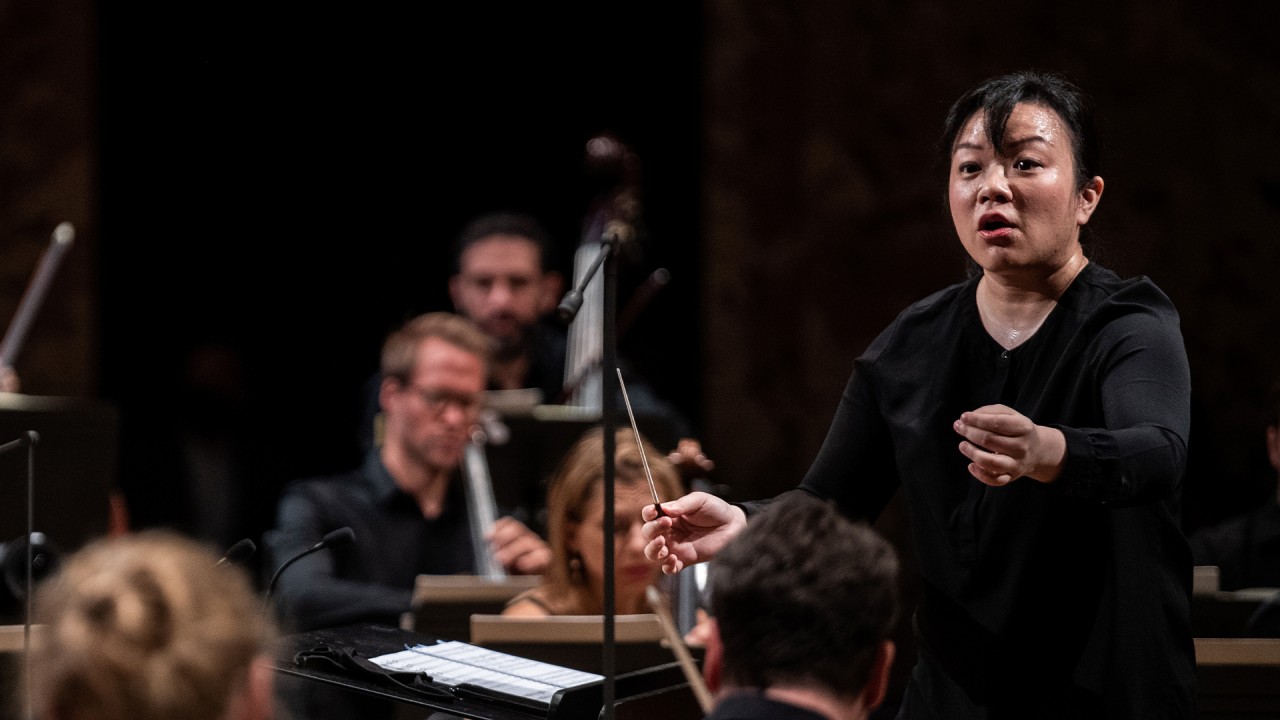
Is the euphoria over China’s new US ambassador justified amid the dreary diplomatic realities?
- There are no poetics in our politics these days as the tenor of US-China diplomacy is prosaic at best and we look for role models of peace in the wrong places
- Classical music can offer a welcome alternative to the secular sirens of contemporary politics, even if it is not always appreciated for being above politics
The backdrop is that any sort of apparent uptick in the US-China bilateral relationship is rare enough that some, understandably, try to make a positive out of whatever they reasonably can. It hit a lot of people that the initial utterances out of the official mouth of China’s newly arrived ambassador were not dreadful or ominous.
History knows itself and its direction before we mere mortals do. Proceeding apace on its own timetable, it leaves us behind in catch-up mode.
Yes, Hong Kong has talent. Jaap van Zweden, the renowned HK Phil maestro, described his programming this autumn almost in operatic terms. “This season’s theme – ‘Harbour a Love of Music’ – reflects my deep belief that classical music can be a source of peace, healing and unity.”
But powerful classical music is not always appreciated for being above politics, even as in my view it is superior. Famously, Joseph Stalin hated important works by contemporary Dmitri Shostakovich, one of the greatest classical composers.
The moral question raised by Barnes is whether the artist is always justified in pursuing their art no matter the ethical nature of the state – or must the artist always present themselves in open, desk-pounding opposition to government power.
Some think this is a hard question but, in my view, it is not. Art can endure forever, but not unless it is first created, nurtured and, at least to some extent, revered. Imprisoning the artist within the politics of the day is not a proper employment of genius but a threat to inspired creative evolution.
Musical genius will remain embedded in human hearts and memories long after the Pied Pipers of politics are consigned to the bloodless dissections of future historians.
It’s as if we are trudging across a desert of despair and our spirits lift with a vision of an apparent watering hole. Is this a true oasis or just a mirage? That was the question recently bandied about regarding China’s new ambassador to Washington.
If you don’t subscribe to the notion that it’s very important, as I do not, why not subscribe instead to a season with the Hong Kong Philharmonic? Maestro Jaap is back – now there is a true leader for our times.
Tom Plate, Loyola Marymount University’s Distinguished Scholar of Asian and Pacific Studies, is author of the ‘Giants of Asia’ book quartet, which includes “Conversations With Lee Kuan Yew”, and the Pacific Century Institute’s vice-president



